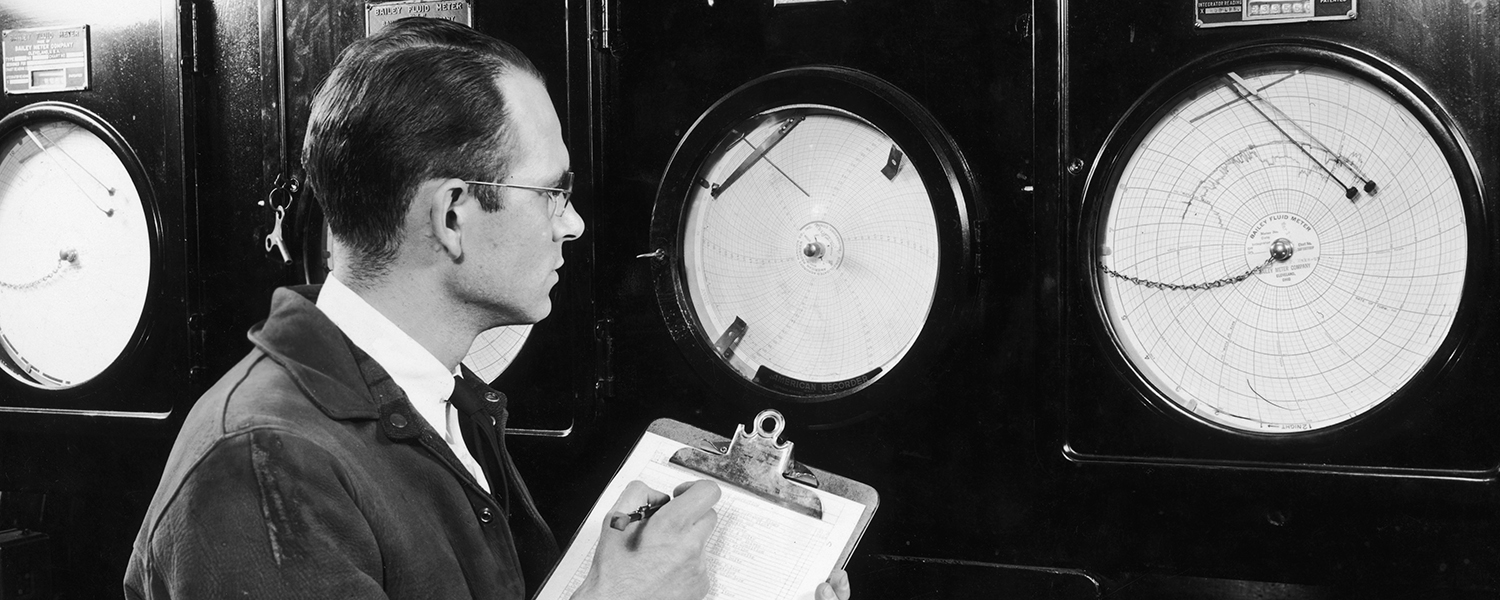Why data is never raw

“Except in divine revelation, data is never simply given, nor should it be accepted on faith,” writes Nick Barrowman in The New Atlantis. “How data are construed, recorded, and collected is the result of human decisions – decisions about what exactly to measure, when and where to do so, and by what methods. Inevitably, what gets measured and recorded has an impact on the conclusions that are drawn.”
“Raw” carries a sense of natural or untouched, while “cooked|” suggests the result of cognitive processes. But data is always the product of cognitive, cultural, and institutional processes that determine what to collect and how to collect it. In this sense, “raw data” is indeed a contradiction in terms. In the ordinary use of the term “raw data – “raw” signifies that no processing was performed following data collection, but the term obscures the various forms of processing that necessarily occur before data collection. […]
According to technocratic fantasies, politics will be made irrelevant by mountains of incontrovertible data. Those who refuse to accept “what the data is telling us” must be either malevolent or stupid. The only apparently rational option for ordinary citizens is to assent to “the data” and the decisions of technocratic elites. Under such an ideology, it should come as no surprise if the citizenry becomes disengaged, suspicious of data-talk to the point that the very idea of data is discredited.



